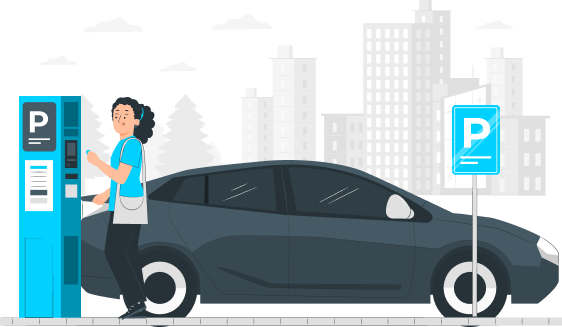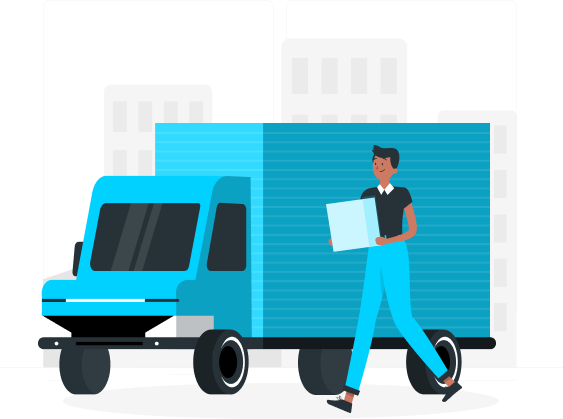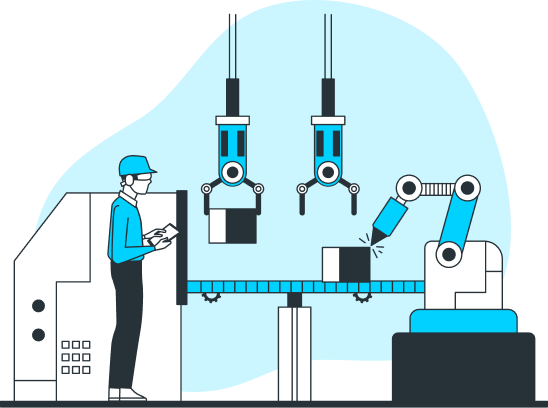Commercial finance
We know that you’re the
expert when it comes to
running your business
We also know that you know what you need to get ahead, whether it’s the latest technology, upgraded vehicles or a new fit-out.
That’s where we come in. We use our industry knowledge and lender networks to secure funds with a financing solution that works for your business.
Whether you want to buy or lease, we’ll give you seamless service and expert advice so you can make an informed decision.
Vehicles
Looking for competitive car finance?
We have great relationships with leading banks and lenders, and the experience to get you into a new or used car, faster with quick and easy finance. Our brokers have high first-time approval rates, which means we’re able to turn around most loan approvals in less than 24 hours.

Vehicle Buying
As well as finding the right finance for your next car, we can also help find the car itself. With access to fleet dealers across Australia and special discounted pricing, we can take care of the time-consuming sourcing and negotiating that always comes with cars.

Trucks & Trailers
When you need a truck or trailer…
we have access to competitive finance to get you on the road sooner. We can help you find a flexible and fully tailored finance solution for the transport vehicles and equipment you need to keep your business moving.
Earth Moving
We have years of experience helping businesses
arrange finance for excavators and other
earth-moving machinery they need.
Our brokers will work with you to source the most appropriate finance for you, without any stress.
Plant and Machinery
The right plant equipment and machinery are critical to profitability
Talk to our expert brokers about tailoring a finance package for your next investment. You’ll find we move quickly and confidently, so you can start seeing productivity gains from your business sooner.

Debtor Finance
If you’re struggling with cash flow and tired of waiting for your customers to pay, Debtor Finance may be the solution
It’s a revolving line of credit against your outstanding invoices or accounts receivable ledger. The funding line allows you to access funds against all or some of your outstanding invoices to accelerate cash flow.
Debtor finance is available to most businesses selling their products or services on credit to another business entity. Most companies sell their product or services on trading terms between 14 to 60 days, which can put pressure on working capital. The result? You can obtain payment on the day you issue your invoices.
With an accelerated cash flow, companies are then able to better manage their business, expand their operations, take on additional contracts and new clients, meet creditors’ payments on time, and even obtain substantial discounts on purchases for early payment.
Contact us to receive our white paper on Debtor Finance or arrange to talk
with one of our Debtor Finance team members.
Business Loans
If you need fast access to funding for your business with minimal requirements, we can help
We’re usually able to arrange approvals in less than a day, with funding in as little as 24 hours.
An unsecured Business Loan can provide much-needed support. These facilities can work in conjunction with pre-existing funding lines without the need for a charge over the business or additional collateral security.
Note that when it comes to business loans, the difference in interest rates from lender to lender can change significantly. That’s why it’s critical to have a broker with experience and a network of lenders already in place.

Overdrafts
Secure access to a line of credit with an unsecured business overdraft that you can draw down at any time
If you are growing your business or if you need short-term cash flow, an overdraft may be the ideal solution. We’re available to discuss the options with you – contact us today to start the conversation.
Get in touch…
Location
Suite 407, 2-8 Brookhollow Avenue
Norwest NSW 2153




